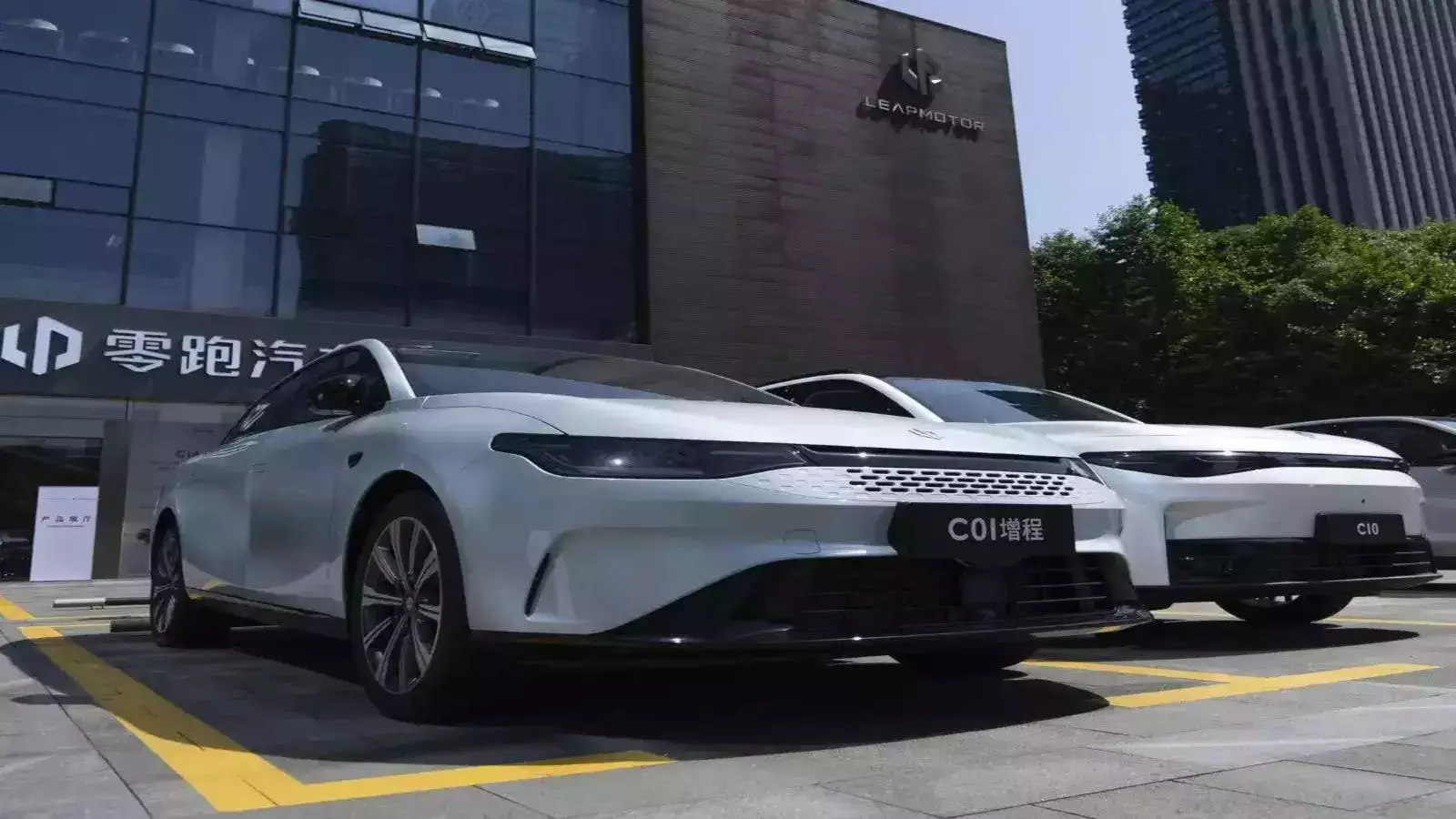Aptiv implements additional cost-saving measures as EV transition slows

Shares of Aptiv slumped over 17% in afternoon trade.
The auto industry faced a bumpy second half of the year over competition from Chinese companies and a decline in consumer demand due to inflation and economic concerns.
The transition to an EV-first future has presented challenges for many automakers, who have prioritized production of higher-margin vehicles, such as affordable crossovers and hybrid models, over EVs.
"The dramatic rise in inventories over the past several months is causing some automakers to slow production rates in order to prevent an already bloated inventory situation from becoming worse," said CFRA Research analyst Garrett Nelson.
Companies like Aptiv and Magna which specialize in manufacturing parts and components for electrified vehicles, will likely feel the impact of this shift.
The company is implementing profit improvement actions to diversify its customer base, consolidate its manufacturing footprint and reduce direct and indirect labor across regions, CEO Kevin Clark said on a post-earnings call.
Dublin-based Aptiv, counts the Detroit Three automakers,as well as Volkswagen AG and BMW as key customers and supplies key electrical components and safety software for vehicles.
Aptiv also faces costs associated with expensive semiconductors, which are essential for various features in modern vehicles.
Auto supplier BorgWarner also cut its annual sales guidance to account for lower market production.
Aptiv expects its annual revenue to be between USD 19.6 billion and USD 19.9 billion, compared to its prior estimate of between USD 20.1 and USD 20.4 billion.
On an adjusted basis, Aptiv earned USD 1.83 per share during the quarter ended Sept. 30, compared to analyst estimates of USD 1.68, according to data compiled by LSEG.
Overall revenue fell 5% to USD 4.9 billion compared with analysts estimates of USD 5.2 billion.

